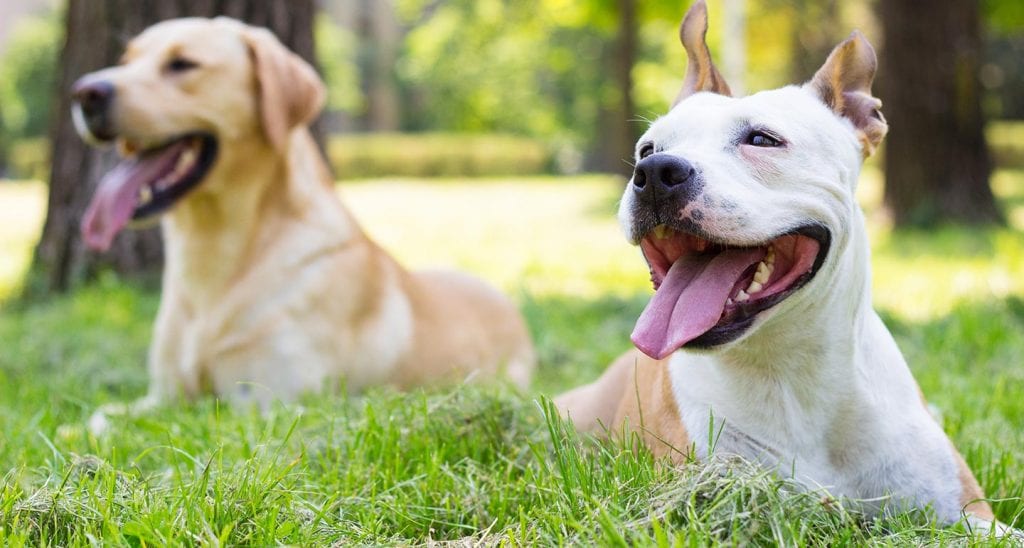1 How Well-Behaved Is Your Dog?
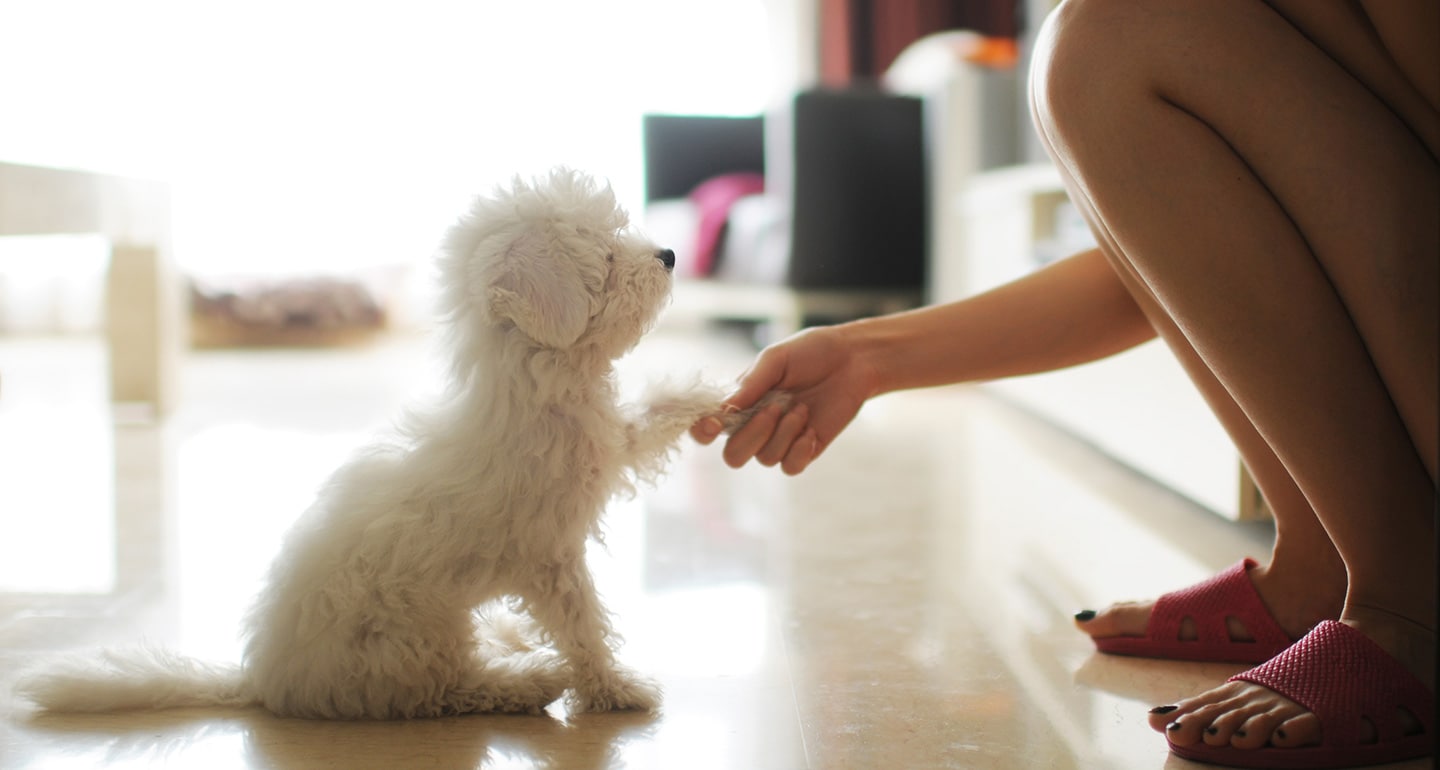
Be honest: Does your dog have problem behaviors? If so, it’s best to work through those issues before adding to your pack, says Andrea Smith, a professional dog trainer and obedience and behavior specialist, and owner of Drea’s Dog World Dog Training in New York City.
“If your dog has aggression or resourcing issues or has anxiety, that’s going to affect your new dog,” she says, “because a dog will always come in and pick up behaviors from the dog that you have.”
There’s a common misconception that getting a second dog will help solve your first dog’s behavioral issues, Smith adds, but that is almost never the case—and in fact, adding another pet to their environment can make things worse. “If your dog has even just one behavioral issue, I would wait until that dog is fully trained because I wouldn’t want to exacerbate the problem,” she says.
2 Does Your Dog Get Along With Other Dogs?
OK, so your dog’s well-trained when you’re alone together. But how do they act when another pup enters the picture? Even the most well-behaved dogs can be averse to furry company, says Dr. Stephanie Liff, DVM, owner of both Pure Paws Veterinary Care facilities in New York City.
If your dog doesn’t regularly interact with other pups, Dr. Liff says, take them to a dog park or doggy daycare to find out how they react to their fellow canines. If they allow other dogs to approach and say hello (aka sniff their behind), you’re probably in the clear. But if they show signs of aggression or fear, you may have some socialization training to do with your current dog before you add another pooch to the fam.
If you’re still unsure, fostering might be a good idea. “If people are not sure how their dog is with other dogs and they’re really committed to getting another dog, I usually recommend that they foster and try it on for size,” Dr. Liff says. “That way, they can foster a younger dog or an older dog and get a sense of how that fits in their life while also saving that dog’s life, so it’s mutually beneficial.”
3 How Old Is Your Dog?
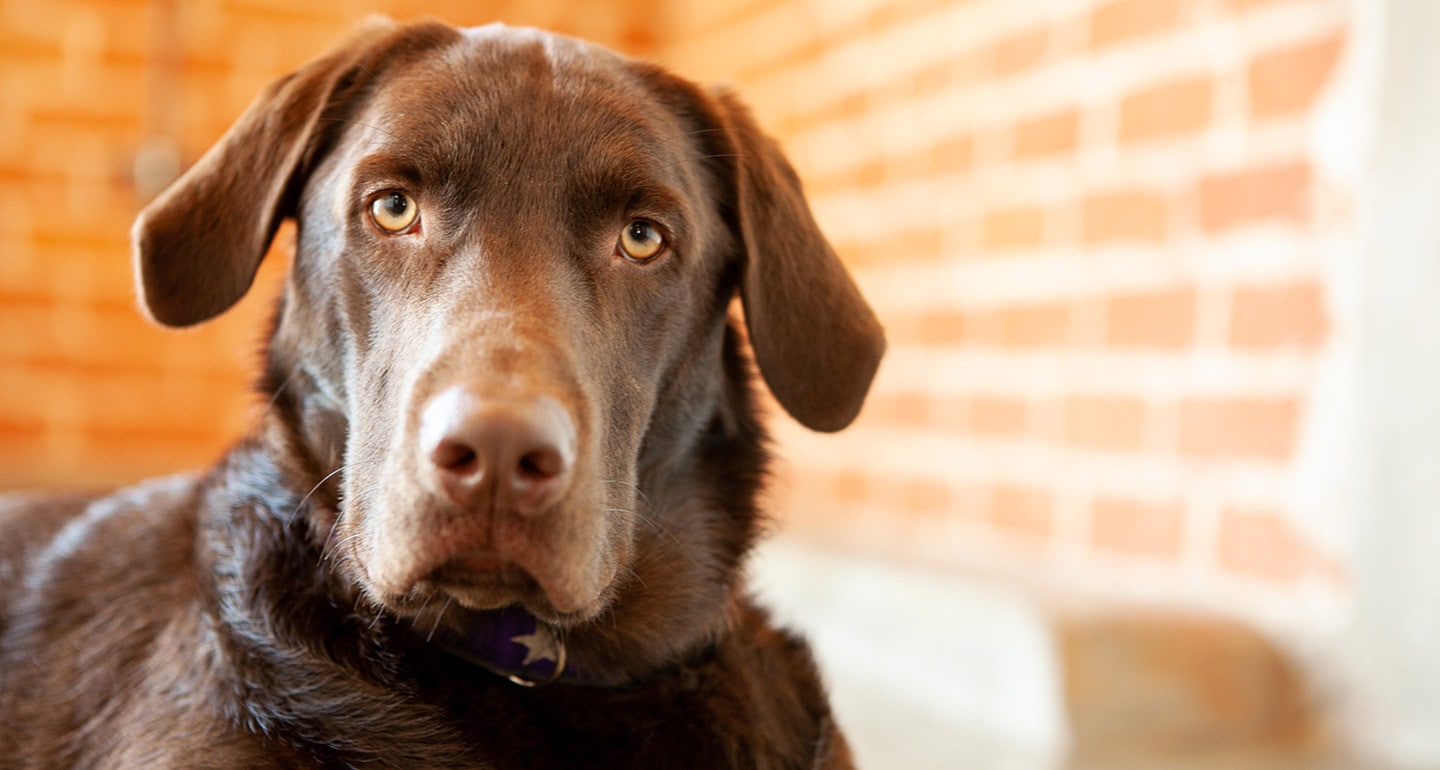
Just like with human children, age can play a pivotal role in the dynamic between your dogs. Some people think that bringing a second pup into the family is best when the first is on the older side of life, while others prefer to have two dogs who are close in age. There’s really no hard-and-fast rule, Smith says.
“I don’t think getting a second dog is necessarily best when your first dog is a senior because a lot of senior dogs just want to hang out and chill with their owners in a quiet environment,” Smith says. “When you bring in a puppy, it just upsets the whole balance of the house.” If your senior dog still has plenty of energy, however, a puppy might be a good fit.
4 How Big Is Your Dog?
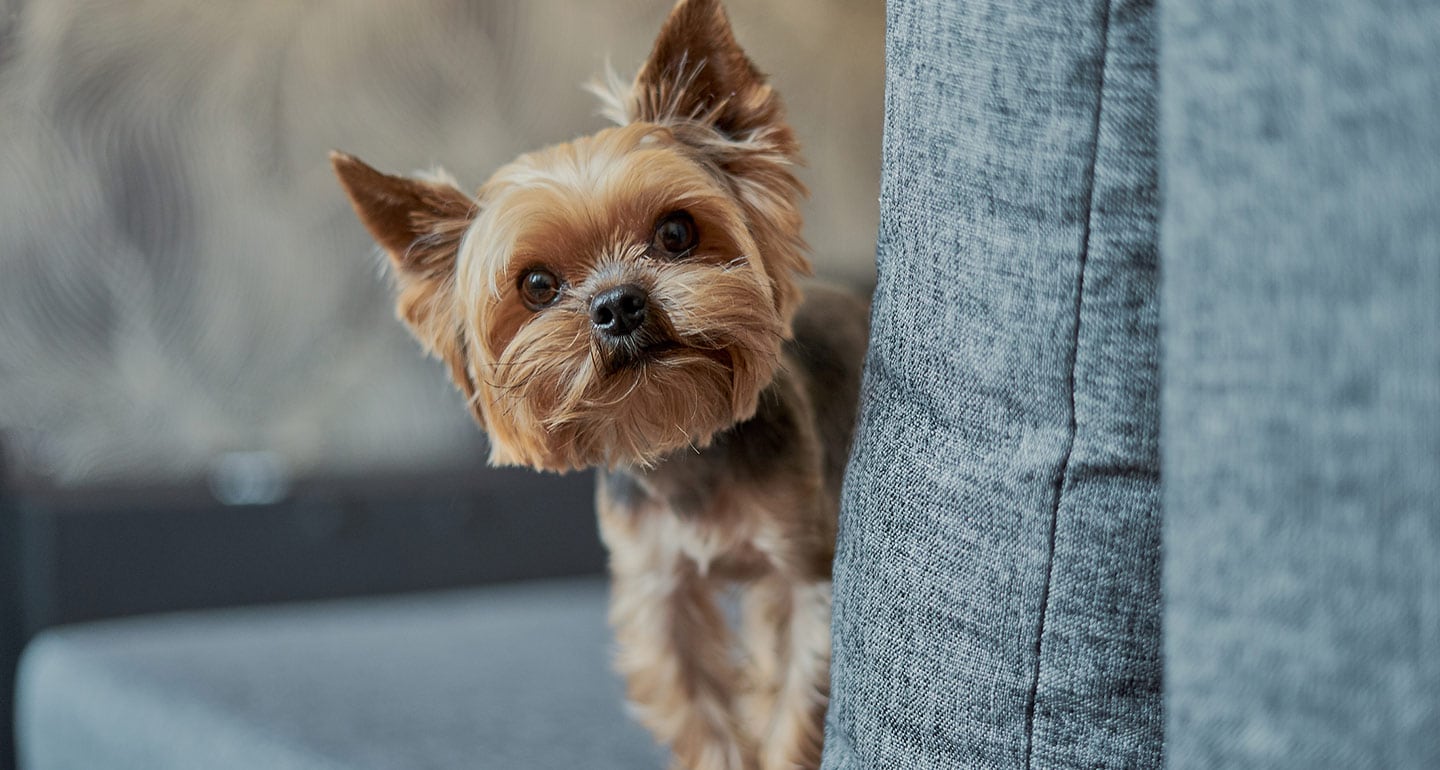
Just like with human children, age can play a pivotal role in the dynamic between your dogs. Some people think that bringing a second pup into the family is best when the first is on the older side of life, while others prefer to have two dogs who are close in age. There’s really no hard-and-fast rule, Smith says.
“I don’t think getting a second dog is necessarily best when your first dog is a senior because a lot of senior dogs just want to hang out and chill with their owners in a quiet environment,” Smith says. “When you bring in a puppy, it just upsets the whole balance of the house.” If your senior dog still has plenty of energy, however, a puppy might be a good fit.
5 Does Your Dog Have Medical Issues?
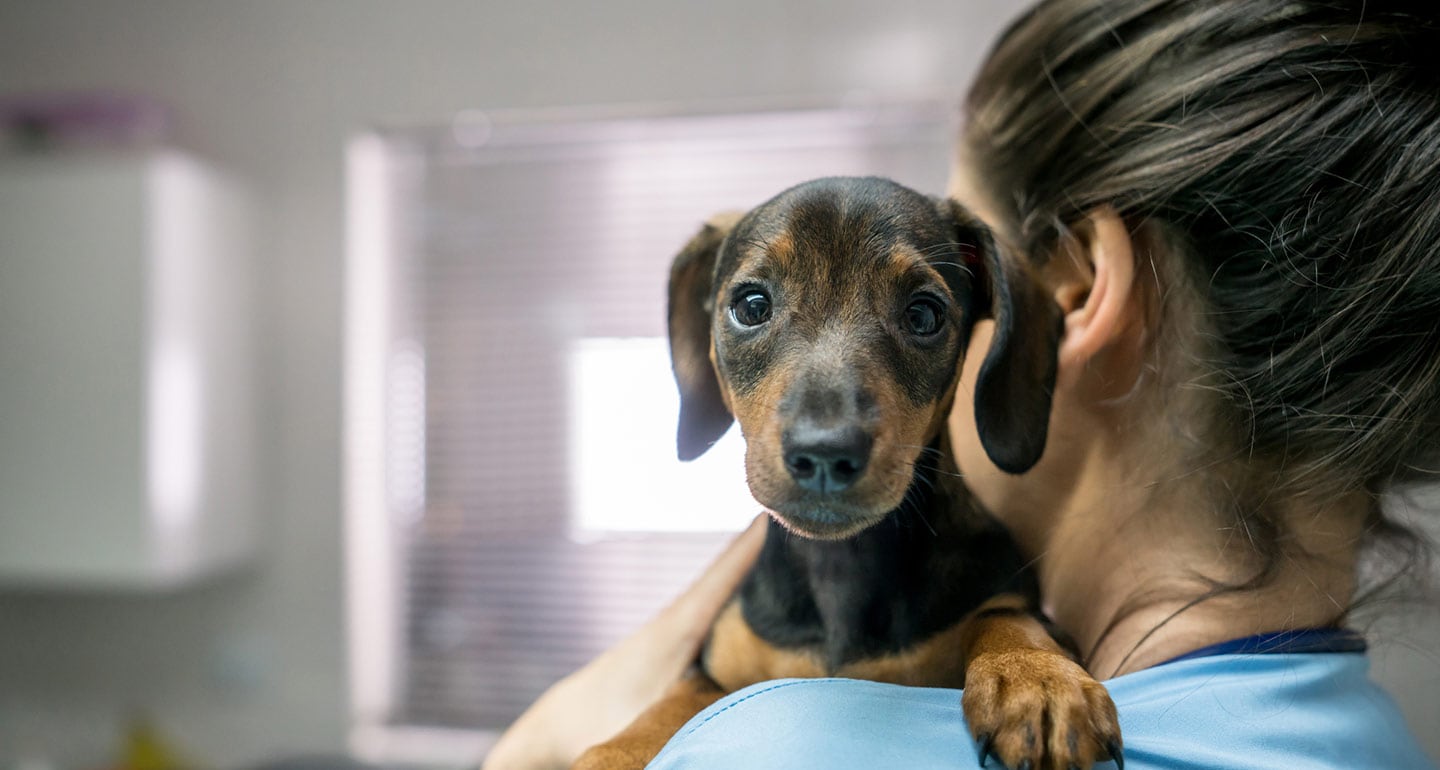
Navigating illness can be difficult for dogs and their parents alike. If your dog suffers from a medical condition, talk to your vet about whether the stress of adding a second dog to your family would be detrimental for them. If a second dog might somehow harm your existing dog or undermine their treatment, Dr. Liff says, it’s best to err on the side of caution and wait to bring a new dog into your home until you know it’s safe for them both.
Remember, too, that an additional pet will require more time and money, in addition to the extra attention and cost of caring for your existing dog’s condition. If you’re already short on either of those resources, think twice. Learn more about the costs of getting a dog.
6How Much Time Can You Spend With A Dog?
Right now, you might find yourself at home with your dog more often than usual. But before you decide whether you should get another dog, consider how often you’ll be home and available to your dogs—both in the present and for years to come.
“I think so many people are getting pets or getting additional pets right now because they’re home and they’re lonely and can’t travel—basically all of these things that may not be long-term,” Dr. Liff says. “So, it’s important to ask what will happen once you go back to work.”
Ask yourself: Will my dogs will be OK if they’re home alone all day? Who will take care of my pups if and when I have to travel? New pets joining your family now might also get a false sense of what to expect from you, Dr. Liff says, which can lead to a nasty case of separation anxiety if things change drastically in the future. “Pets have been with their owners at home 24/7 for the last eight months,” she points out, “so as a vet, I’m concerned about how that eventual transition will go.”
Read more about the signs and symptoms of separation anxiety in dogs.
Even if you are home around-the-clock, being near your dog is very different from devoting your time and attention to training, walking and playing with them. A new dog will require lots of quality time together, so before you decide whether you should get another dog, make sure you can deliver.
“Dogs need our time, and they need our commitment,” Smith says. “They don’t need us to be glued to their skin 24 hours a day, but you need to consider whether you’re able to give them the energy and attention they need.”
That means that if your time at home is often spent on other tasks—working a demanding job, for example, or caring for young kids—now might not be the best time to double your dog duties.
7Do You Have the Space for a Second Dog?
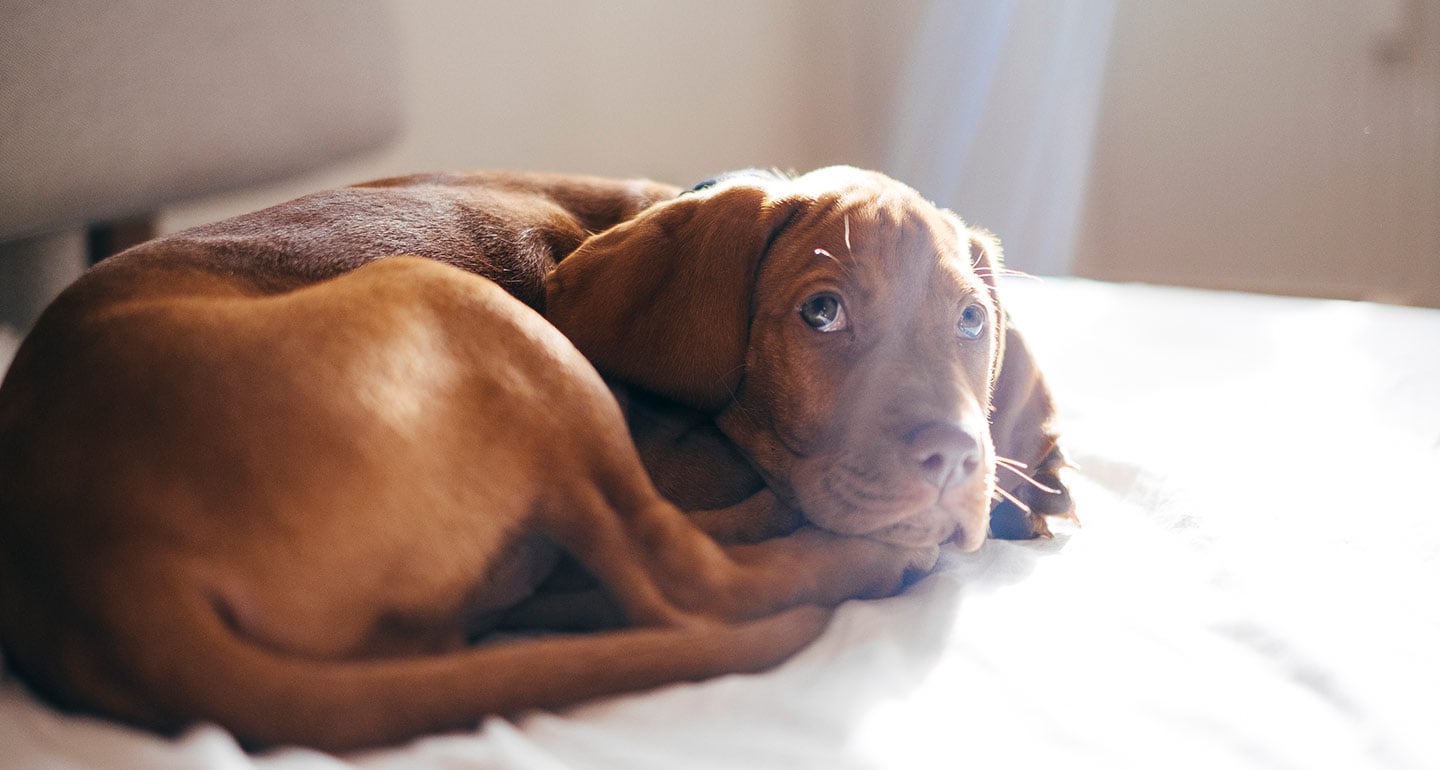
Space is a unique concern for each and every dog parent, and the question of whether or not your dogs have enough space will differ greatly depending on where you live, how big and how active your dogs are. For instance, Dr. Liff says, “Great Danes are huge dogs, but they’re super lazy, so they maybe don’t need as much space as a Golden Retriever, who’s not lazy and will want to run around.”
No matter what, however, you should get another dog only if you have enough space to give each of them a place that’s theirs and theirs alone.
“When you’re still getting to know the dog and he’s still getting to know you, every dog should have a safe space that’s just their own,” Smith explains. “And you certainly don’t want either of them to get territorial and take it out on each other.”
It’s also crucial that you think ahead when it comes to space. “One of the things to consider is what your living situation will be in 12 months and whether that will be easy to achieve with two dogs instead of just one,” she says, pointing to cities like New York, where it’s often difficult to get approval for one dog in a rental building, let alone two.
8Can You Afford a Second Dog?
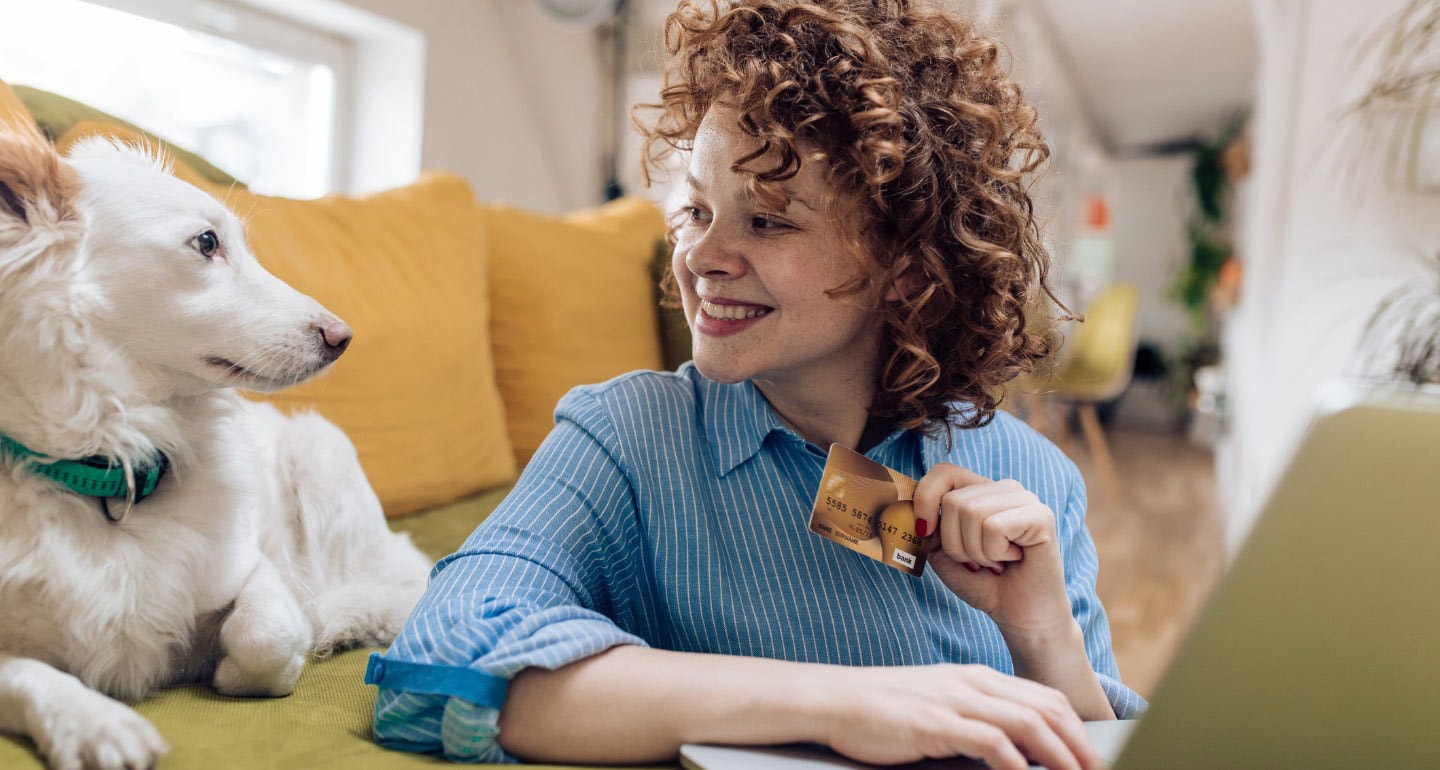
Adding another dog to your family can be one of the best decisions you ever make, but it can also be a costly one. From vet bills (both expected and unexpected) to dog food, grooming, daycare and beyond, there’s a long list of expenses that come with caring for any dog.
And if you think that getting a second dog will take only slightly more of a toll on your wallet than your first dog does, think again. “It’s probably double the cost. It’s not just a little bit more,” Dr. Liff warns.
You’ll have to add your new pet’s medical bills, for example, onto the cost of your current pet’s bills. Plan to double the cost of regular medications like flea and tick preventative treatments, too. And while many pet insurance providers will offer discounts to multi-pet families, the breed and size of the dogs can affect those rates. You should also be prepared to spend twice your current budget on dog food, if not more.
“I think most of the cost issues come down to education and planning,” Dr. Liff says. “If you can plan to have a savings account for your pet or even have insurance, that can make a big difference.”
9Will You Still Want a Second Dog in 10 Years?
As a dog parent, you already know the sort of serious commitment that comes with getting a dog. Getting a second dog adds even more responsibility to your life for the long haul. So ask yourself: Where will you be in 10 years? Or even five? What will your life look like? What will your home look like? How might your family expand?
That last question is a big one, Smith says. “You need to consider whether there might be babies in your future because that can really disrupt that second dog setup,” she says. Two dogs can be a lot to handle on their own, and adding young children to the mix can add additional responsibilities and stress—not to mention it could mean less time for your pups. Of course, plenty of families have both kids and multiple dogs, so it’s not like it’s impossible to manage it all at once. The real question is, is that combination of responsibilities right for you?
10Does Your Family Want Another Dog?
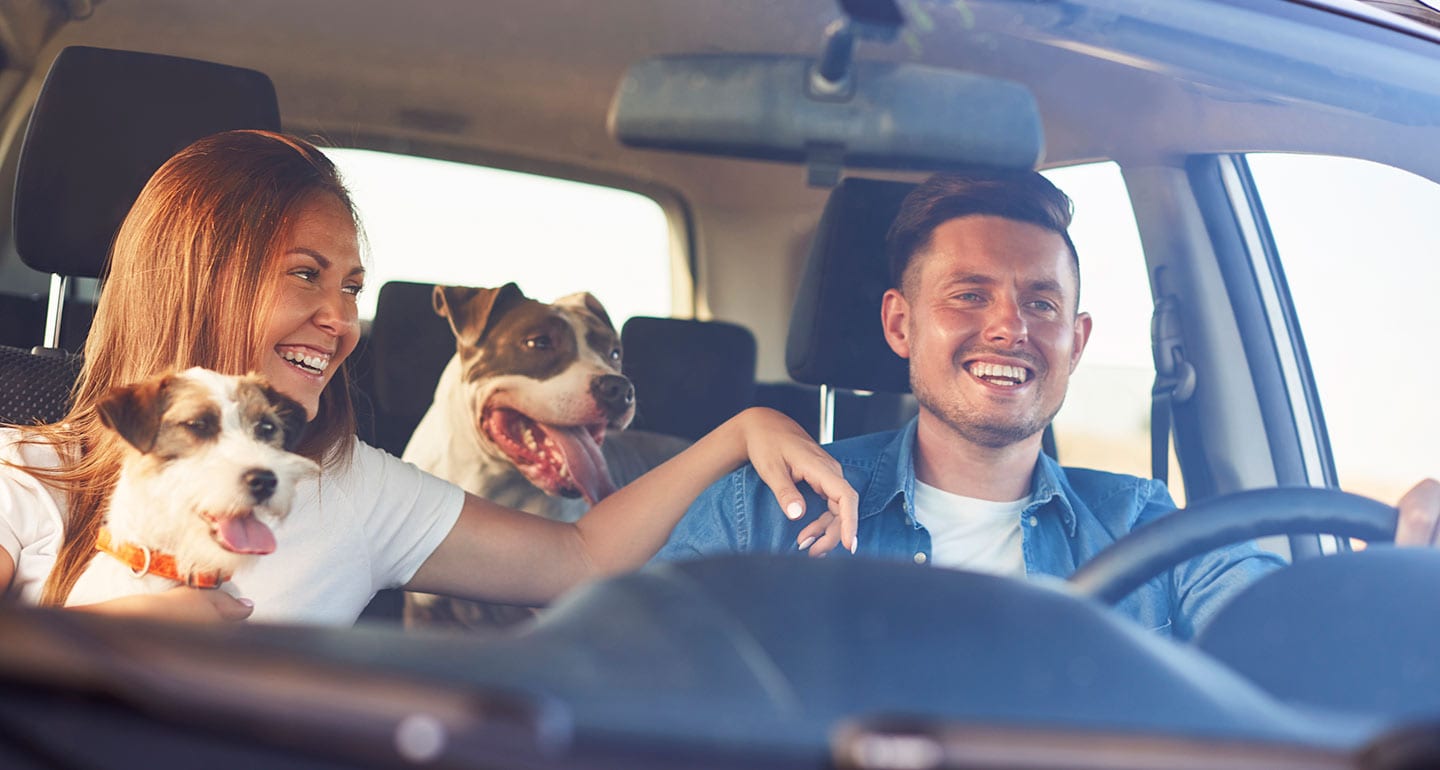
If you share your home with other people, whether they’re family members or roommates, deciding to get a dog isn’t merely a personal decision. It requires commitment from everyone in your household, so you should get another dog only after you make sure that everyone is on board.
“Usually when I see the ambivalence from one family member, I know it’s not going to be a good call,” Smith explains. “You all really have to be all in.”
Beyond agreeing on whether you should get a second dog, you need to have the tough conversations about how the new dog’s responsibilities will be distributed. “Even within training, everyone has to be on the same page,” Smith says, “because otherwise, the dog will get confused, and it will inhibit any progress you make.”
Welcoming a second dog into your home can be exciting and rewarding, but it’s ultimately a decision that should not be taken lightly. Just because you’ve done well with one dog doesn’t mean you’re guaranteed the same success with a second, so before you decide whether you should get another dog, consider every possible scenario and prepare for the unexpected.
“Getting a second dog can be a great idea,” Dr. Liff says. “You just need to make sure you go through these questions and really think it through.”
Share:
